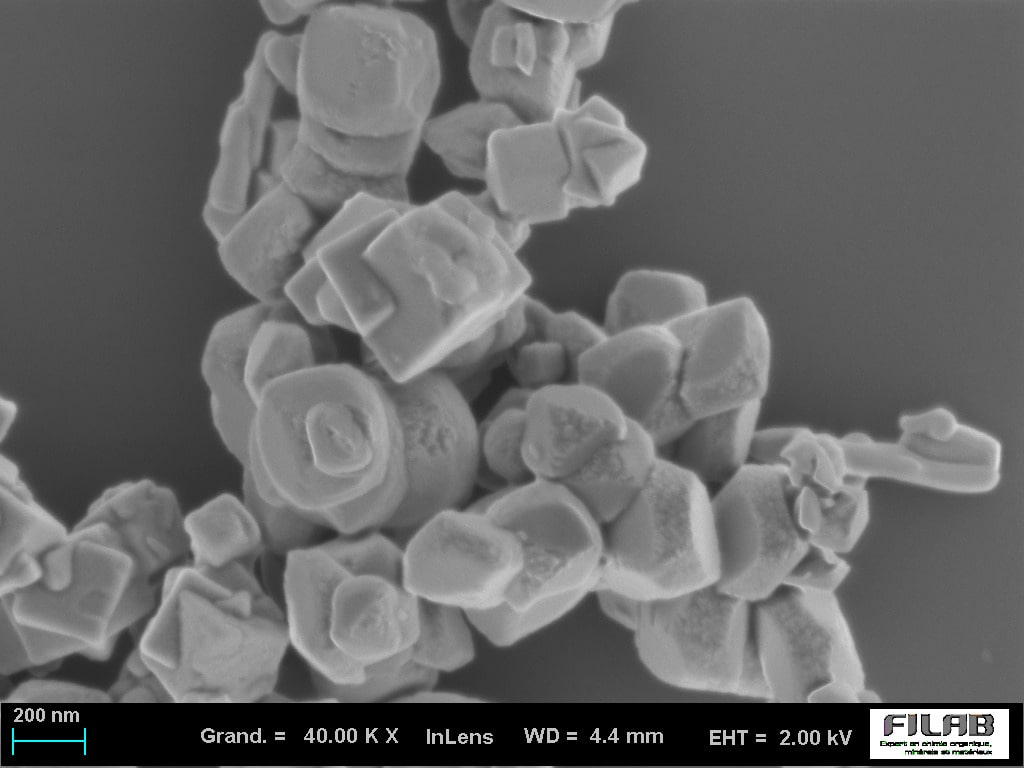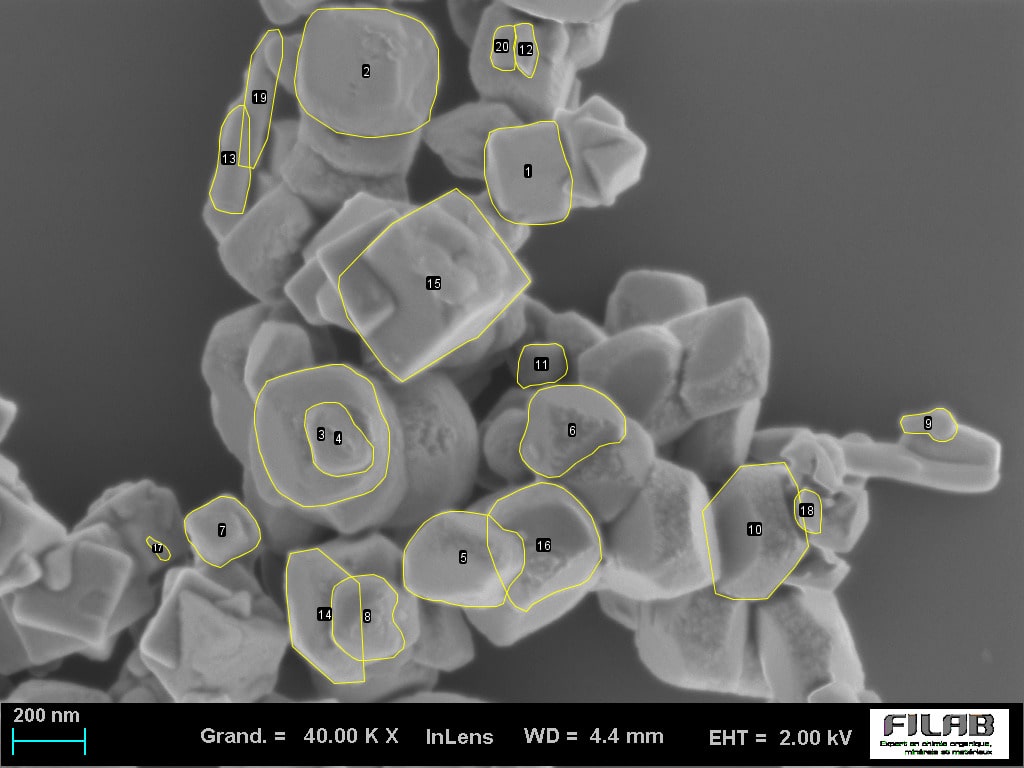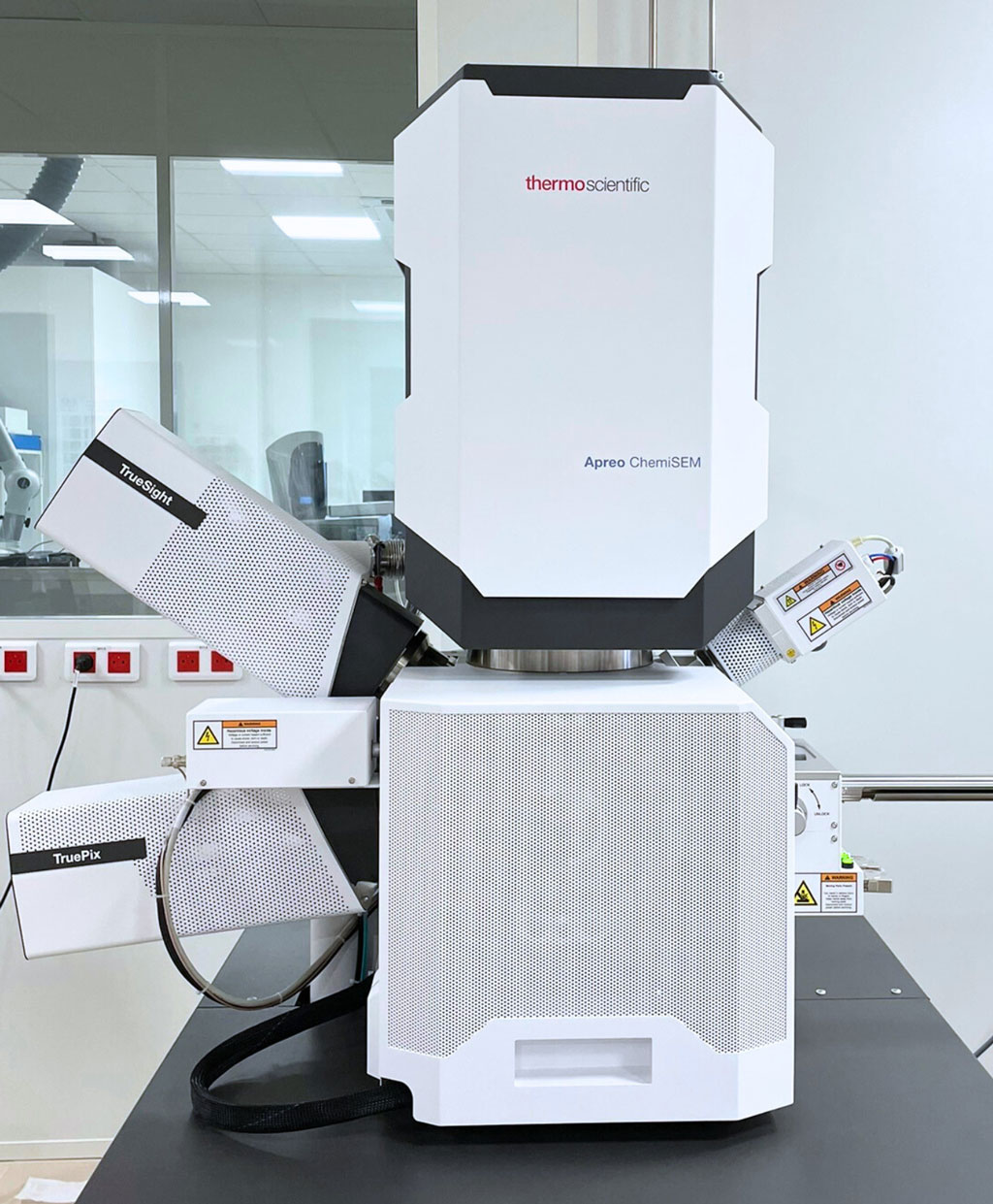EDX analysis is a method used for identifying and quantifying the elemental composition of materials. It is applicable to a broad range of samples and materials, including:
> Metals and Alloys: EDX can determine the elemental makeup of metallic samples, useful in metallurgy for quality control, alloy development, and failure analysis.
> Semiconductors and Electronic Components: It helps in the analysis of materials used in electronic and photonic devices, checking for impurities or composition accuracy.
> Biological Samples: In biology and medicine, EDX can be used to study the distribution of elements within tissues, cells, or bioengineered materials, often to understand physiological processes or disease mechanisms.
> Polymers and Plastics: EDX can also be used to analyze the presence of additives or contaminants in synthetic materials.
> Ceramics and Glasses: Analyzing ceramic materials or glass to determine their elemental composition, which is critical for understanding their properties and performance.
> Environmental Samples: EDX can analyze particles collected from air or water samples to identify pollution sources or environmental contaminants.
EDX is particularly valued for its non-destructive nature and its ability to perform localized analysis, providing elemental data from very small areas (micrometer scale), which is essential for materials research and quality control across these diverse fields.











